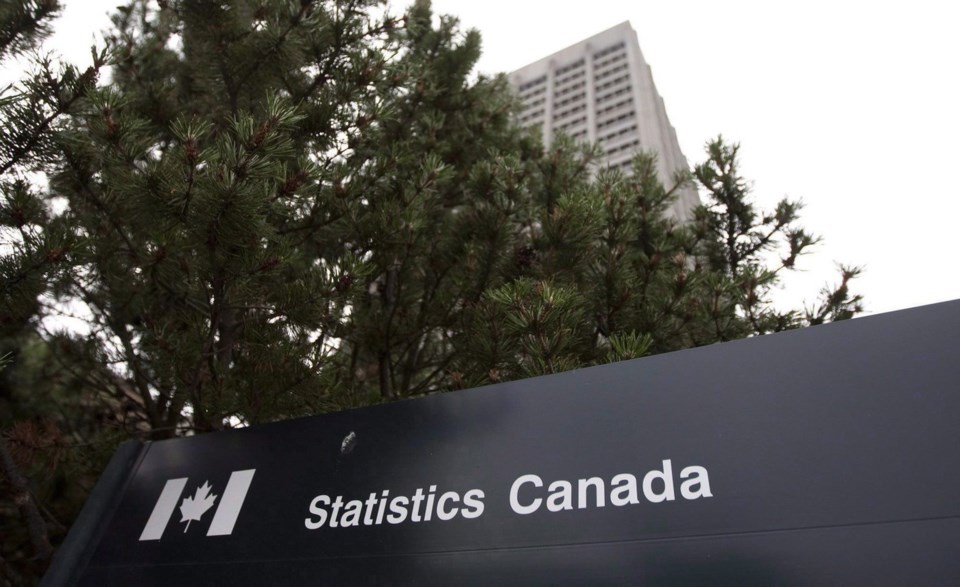OTTAWA — Statistics Canada says the annual inflation rate continued to slow in September as drivers paid lower prices for gasoline than they did last year.
The agency said Tuesday its consumer price index for September was up 1.6 per cent from a year ago compared with a year-over-year increase of two per cent in August.
It was the slowest annual pace for inflation since February 2021 when it was 1.1 per cent.
Gasoline prices in September fell 10.7 per cent compared with a year earlier. Excluding gasoline, the annual pace of inflation was 2.2 per cent in September.
Meanwhile, rent prices increased at a slower pace in the month but remained elevated as they rose 8.2 per cent compared with a year ago following a year-over-year gain of 8.9 per cent in August.
Statistics Canada said prices for food purchased from stores rose faster than overall inflation as they increased 2.4 per cent in September, the same rate as in August. Prices for fresh or frozen beef gained 9.2 per cent, while edible fats and oils rose 7.8 per cent and eggs increased five per cent.
Prices for food purchased from restaurants rose 3.5 per cent compared with 3.4 per cent in August.
The inflation report is the last major piece of economic data before the Bank of Canada’s interest rate decision on Oct. 23.
The central bank, which has a target of two per cent for inflation, has cut its key interest rate three times so far this year to bring it to 4.25 per cent.
Governor Tiff Macklem has said it is reasonable to expect more interest rate cuts are coming, given the progress made on inflation, but the pace and timing of cuts will depend on the central bank's evaluation of the economic data.
The Canadian Press
